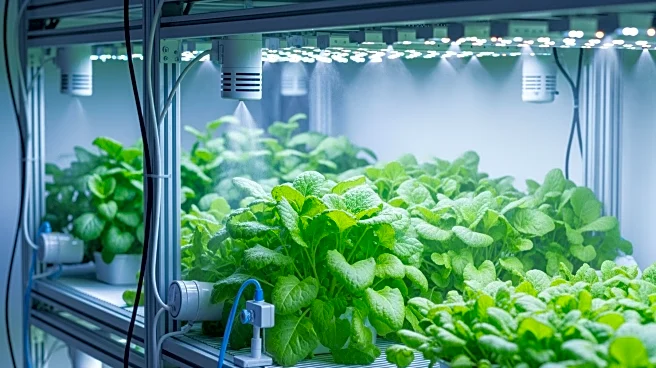Rapid Read • 6 min read
Researchers have evaluated highly conserved Burkholderia pseudomallei outer membrane proteins as protective antigens against respiratory melioidosis. The study involved screening for conserved antigens and assessing their potential as vaccine candidates. Melioidosis, caused by B. pseudomallei, poses significant health risks, particularly in Southeast Asia and Northern Australia. The research aims to develop effective vaccines to prevent the disease and reduce its global incidence.
AD
Melioidosis is a serious infectious disease with high mortality rates, and effective vaccines are crucial for controlling its spread. The identification of protective antigens could lead to the development of vaccines that provide immunity against B. pseudomallei. This research contributes to global health efforts to combat melioidosis and protect vulnerable populations, particularly in endemic regions.
Further studies and trials may be conducted to assess the efficacy and safety of the identified antigens in vaccine development. Collaboration with international health organizations and funding agencies could support vaccine research and distribution. Monitoring and surveillance will continue to track melioidosis cases and evaluate the impact of potential vaccines on controlling the disease.
AD
More Stories You Might Enjoy











